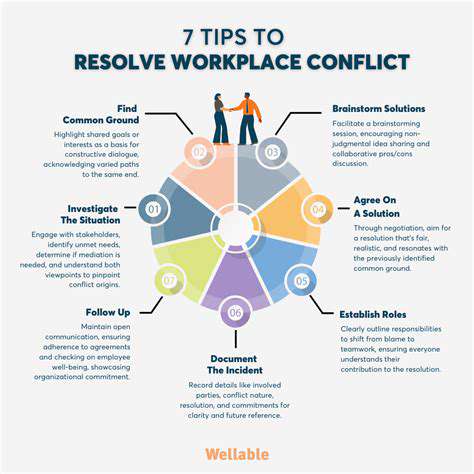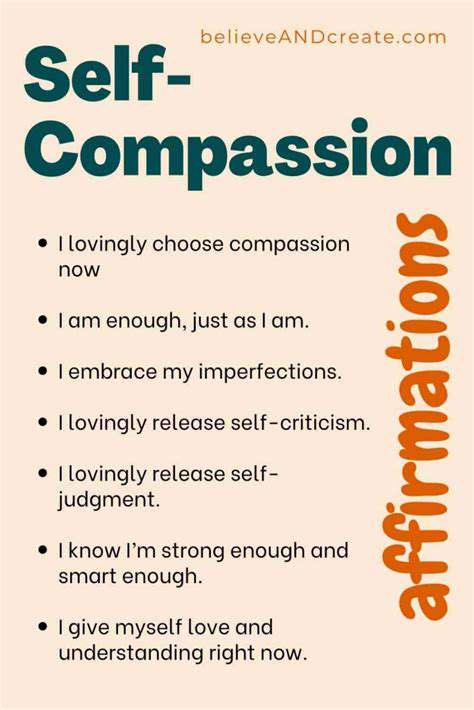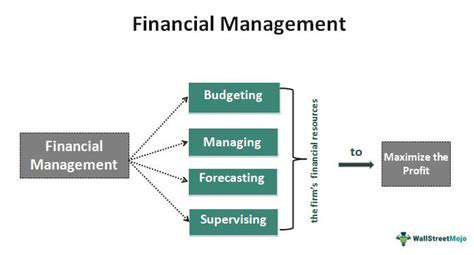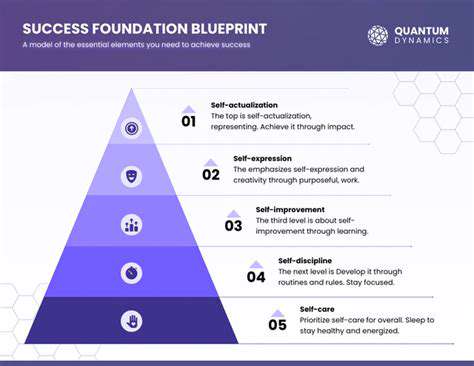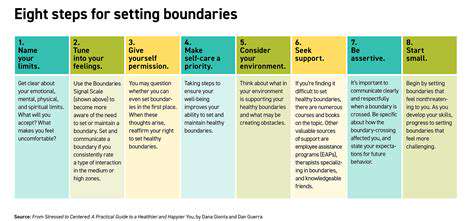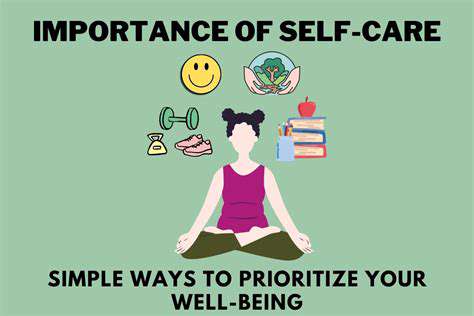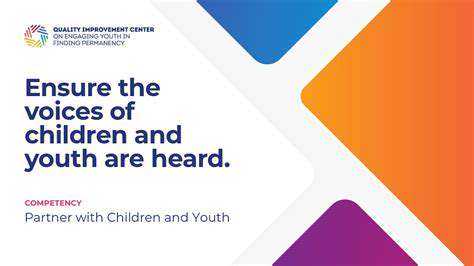managing stress during divorce process
Recognizing the Emotional Toll of Divorce
Understanding the Emotional Landscape
Divorce is a profoundly emotional experience, often marked by a complex interplay of grief, anger, fear, and confusion. Recognizing these emotions as a natural part of the process is crucial for navigating the challenges ahead. Understanding the emotional impact on both yourself and your children is essential for managing the stress and fostering a healthy adjustment period. This emotional turmoil can manifest in various ways, including difficulty sleeping, loss of appetite, or increased anxiety.
Acknowledging and validating these feelings, rather than suppressing them, is the first step toward healing and moving forward. Seeking support from friends, family, or a therapist can provide valuable guidance and coping mechanisms during this challenging time.
The Impact on Children
Divorce can have a devastating impact on children, regardless of their age. They may experience a range of anxieties, from fear of abandonment to insecurity about their future. It's vital to remember that children often take on the emotional burden of the adults around them, absorbing stress and anxiety like a sponge. Creating a stable and predictable environment for them is paramount during this period of upheaval.
Open communication, acknowledging their feelings without judgment, and ensuring they have a consistent support system are critical to their well-being. Professional guidance from a therapist specializing in child psychology can offer essential strategies for helping children navigate the emotional complexities of divorce.
Financial Strain and Uncertainty
Divorce frequently brings significant financial adjustments, leading to stress and anxiety about the future. The uncertainty surrounding finances can be deeply unsettling, especially when dealing with division of assets, child support, and alimony. Careful planning and financial management are crucial for mitigating this stress and ensuring stability. Seeking professional financial advice can provide a roadmap for navigating these often-complex financial considerations.
Maintaining Healthy Boundaries
Establishing and maintaining healthy boundaries during a divorce is essential for protecting your emotional well-being. This involves setting limits on communication with your former partner, managing conflict constructively, and surrounding yourself with positive influences. It is often challenging to avoid unhealthy conflict during this period, but doing so is paramount to minimizing ongoing stress. This includes limiting exposure to negativity and engaging in activities that promote emotional balance.
The Importance of Self-Care
Prioritizing self-care is paramount during the divorce process. Taking time for activities that promote relaxation, stress reduction, and emotional well-being is critical for navigating the emotional toll. This might include exercise, meditation, spending time in nature, or pursuing hobbies. Nurturing your mental and physical health is crucial for coping with the pressures of divorce and for maintaining your emotional resilience.
Seeking Professional Support
Don't hesitate to reach out for professional support during this challenging time. Therapists, counselors, and support groups can provide guidance, coping strategies, and a safe space to process your emotions. Seeking professional help demonstrates strength and commitment to your well-being, and it can significantly ease the stress associated with the divorce process. A professional can help you understand and manage your emotions effectively.
Navigating Legal Procedures
Legal proceedings related to divorce can be stressful and overwhelming. Understanding your rights and responsibilities, and engaging with the legal system effectively, are essential for managing this aspect of the process. It's important to have clear communication with your legal counsel and to stay informed about the steps involved. This will help you make informed decisions and maintain control over the legal aspects of the divorce.
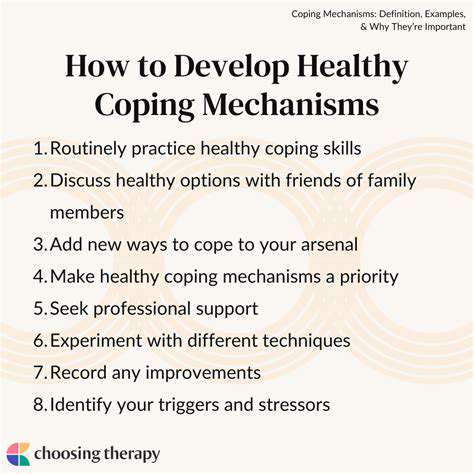
Maintaining Healthy Communication and Boundaries
Establishing Clear Communication
Effective communication is crucial during a divorce, especially when emotions are high. It's vital to have a plan for discussing sensitive topics, like finances and childcare arrangements, and to stick to that plan. This means avoiding accusatory language, focusing on the facts, and prioritizing the well-being of everyone involved, especially children. Maintaining a respectful tone, even when disagreements arise, is essential for navigating the complexities of divorce with minimal stress and potential long-term conflict.
Open and honest dialogue, even about difficult subjects, can help to prevent misunderstandings and ease the transition. However, remember that communication should be balanced with appropriate boundaries. Knowing when to disengage from unproductive conversations is just as vital as knowing how to express your needs constructively. This involves setting limits on how much time you spend discussing the divorce and establishing clear expectations for interaction with your ex-spouse, especially regarding co-parenting.
Setting Healthy Boundaries
Establishing boundaries is paramount for managing stress during a divorce. This involves recognizing your emotional limits and protecting yourself from unnecessary conflict and negativity. It's important to recognize when a conversation is becoming unproductive or emotionally draining and to disengage respectfully. This might involve limiting contact with your ex-spouse, especially if the interactions are consistently stressful or unproductive. Defining clear boundaries around financial matters, such as keeping discussions focused on legal agreements, can also help reduce stress and maintain a sense of control amidst the uncertainty of the divorce process.
Boundaries also extend to your support network. It's healthy to surround yourself with people who offer positive reinforcement and understanding. This might include friends, family, or a therapist. Learn to say no to requests that would add unnecessary stress or put you in a compromising position during this challenging time. This can involve limiting exposure to overly emotional or negative conversations surrounding the divorce.
Prioritizing Self-Care and Well-being
During a divorce, self-care is not a luxury; it's a necessity. Taking care of your physical and mental health is essential for navigating the emotional challenges and stress that come with this major life transition. This includes getting enough sleep, eating nutritious foods, and engaging in regular exercise, all of which can significantly impact your emotional state. Making time for activities you enjoy, like hobbies, reading, or spending time in nature, can help you de-stress and maintain a sense of normalcy.
Seeking professional help, such as therapy or counseling, is a valuable tool for managing stress during a divorce. A therapist can provide a safe space to process emotions, develop coping mechanisms, and navigate the complexities of the situation. Remember that prioritizing your well-being is a sign of strength, not weakness, and that taking care of yourself is essential for successfully navigating this challenging period. Seeking support from a therapist or counselor can help you navigate the emotional fallout of divorce.
Read more about managing stress during divorce process
Hot Recommendations
- divorce asset division legal checklist
- how to overcome breakup shock step by step
- divorce self growth strategies for single parents
- how to overcome divorce trauma quickly
- emotional recovery tips for breakup survivors
- divorce breakup coping strategies for adults
- how to find effective divorce counseling online
- divorce custody battle resolution strategies
- how to find affordable breakup counseling services
- best co parenting solutions for divorce cases



